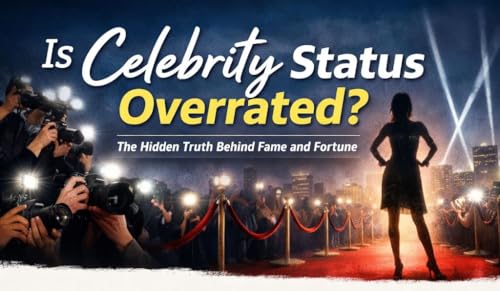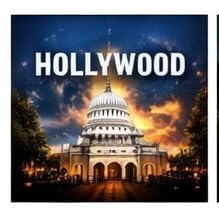The Use of Government Psy-Ops
Governments use psychological operations (PSYOPs)—also called information operations or strategic communications—to influence how people perceive, decide, and behave without relying solely on force. The core logic is that shaping beliefs can be cheaper, faster, and less destructive than kinetic action.
Below are the main reasons, framed in strategic and political terms.
1. To Influence Adversaries Without War
PSYOPs aim to reduce an enemy’s will to fight, sow confusion, or fracture unity.
Typical objectives:
Lower morale among enemy troops
Encourage defections or surrender
Exaggerate the strength or resolve of one’s own forces
Create distrust between enemy leaders and their population
This aligns with classic strategic thinking (e.g., Sun Tzu): win before fighting.
2. To Shape Domestic Public Opinion
Governments also use psychological influence internally, especially during:
War
National emergencies
Political instability
Goals include:
Maintaining public support for policy
Preventing panic
Framing narratives in favorable terms
Reinforcing national identity or cohesion
This can range from legitimate public messaging to propaganda, depending on transparency and truthfulness.
3. To Control Narratives in the Information Environment
Modern conflict occurs in the cognitive domain, not just land, sea, air, and cyber.
PSYOPs are used to:
Define “what is true” before opponents do
Flood information channels to drown out rival narratives
Exploit social media algorithms and echo chambers
Influence international opinion and allies
Narrative dominance can affect sanctions, alliances, and legitimacy.
4. To Deter Actions Through Perception Management
Deterrence is psychological by nature.
Governments use PSYOPs to:
Signal strength or resolve
Make retaliation seem inevitable
Increase the perceived cost of hostile actions
Often the perception of capability matters more than the actual capability.
5. To Compensate for Military or Economic Weakness
For weaker states or non-state actors, PSYOPs are a force multiplier.
They allow actors to:
Punch above their weight
Disrupt stronger opponents asymmetrically
Undermine trust in institutions without direct confrontation
This is why PSYOPs are central to hybrid warfare.
6. To Legitimize Power and Authority
Every government depends on belief in its legitimacy.
Psychological influence helps:
Justify laws, borders, or military actions
Frame opponents as illegitimate, dangerous, or immoral
Reinforce obedience and compliance
This is especially critical in authoritarian systems, but democracies also engage in narrative framing.
7. Because Humans Are Predictable Under Cognitive Bias
PSYOPs exploit well-known psychological mechanisms:
Fear and threat perception
In-group vs out-group bias
Repetition and familiarity
Authority bias
Emotional contagion
Governments invest in PSYOPs because they reliably work, particularly under stress or uncertainty.
8. Legal and Ethical Framing
Most governments officially justify PSYOPs as:
Defensive
Necessary for national security
Restricted to foreign audiences
In practice, the ethical line between information, persuasion, and manipulation is often blurred.
Bottom Line
Governments use PSYOPs because controlling perception often controls outcomes. Influence operations allow states to:
Reduce costs of conflict
Shape reality rather than react to it
Exercise power without visible coercion
 Feb 5 2026Menos de 1 minuto
Feb 5 2026Menos de 1 minuto Feb 5 2026Menos de 1 minuto
Feb 5 2026Menos de 1 minuto Menos de 1 minuto
Menos de 1 minuto Menos de 1 minuto
Menos de 1 minuto Menos de 1 minuto
Menos de 1 minuto Feb 5 2026Menos de 1 minuto
Feb 5 2026Menos de 1 minuto Feb 5 2026Menos de 1 minuto
Feb 5 2026Menos de 1 minuto Feb 5 2026Menos de 1 minuto
Feb 5 2026Menos de 1 minuto
